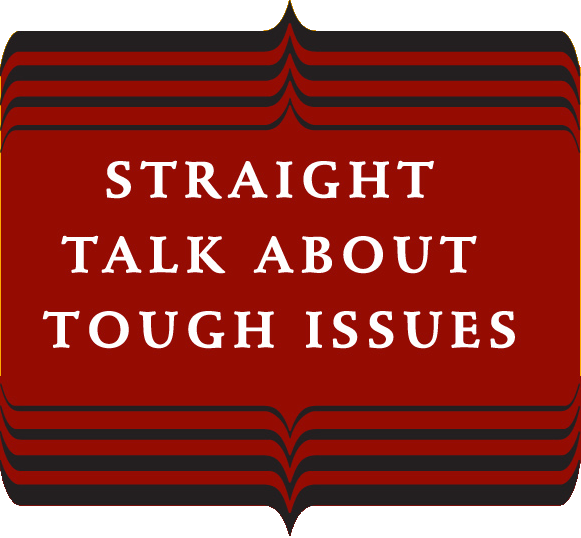Over the past few months, as I discussed my first book with other professional women, I discovered that gender issues in the workplace are a hot topic for almost everyone. Many of my colleagues had stories that were fascinating, unique, and sometimes heart-breaking. I call these “Stories from the Belly of the Beast.”
For example, one woman told me that she was considered “high potential” when she joined her first company after college and was assigned to a female mentor (a CFO, as it happened). This mentor advised my colleague to 1) cut her (red) hair, and 2) not wear shoes that showed toe cleavage. Why is it that our advice tends to focus on appearance instead of on substance? Is it because it’s easier?
After reading the section in my book about Sex at Work, another colleague remarked that, in her experience, rejecting come-ons from higher-ups does not always translate into a problem. After interactions of this nature, she still received an excellent recommendation (in one case) and invited to speak at a conference (in another case). She speculated that some guys just cast a wide net and that they don’t take rejection so seriously. In any case, it’s useful to know that one shouldn’t assume that there’s real pressure that would translate into sexual harassment. Although we would prefer to avoid these awkward situations, this kind of knowledge should help our younger colleagues stand up for themselves and clearly and assertively decline a sexual overture at work.
When my friend told me that she was buying a copy of the book, I protested, “But, Sarah, you work in academia with civilized, educated men. Surely you don’t need my book.” “Are you kidding,” she said and proceeded to tell me a story from her university. An adjunct faculty member in the art department (female) was confronted by a full professor (male) from the—you guessed it—business department. Apparently, the art professor had been hired to teach a night class that the full professor perceived to be competitive to one that he taught. So he cornered her in her minuscule office in the basement (where we always put the adjunct faculty) late in the evening and berated her, insisting on seeing the syllabus, all the assignments, and told her that she was “stealing business from him.” Frightened, she stuttered that she would write an email that night about the situation. And she did, pathetically asking her supervisor if she had done something wrong. What a meanie that guy was, and demonstrating classic bully behavior. He doesn’t have the chutzpah to go to the chair of the department and discuss the issue like a civilized person, so he browbeats a female with a lower rank, at night, in an isolated office.
A friend from college called to say that she had a story from early in her career. The head of her department turned to her in a meeting and said, holding out a document, “Where do I have to kiss you to get this xeroxed?” My friend was shocked speechless.
Now that my book is out, I am hearing many stories of women having trouble working with other women. In fact, it takes about two minutes for a women to read the title of my book, tell me a story about some terrible male boss or co-worker, and then say, “But I think I have more trouble working with women than I do with men.” I have an essay on this topic that I hope to post soon, but in the meantime, let me share one of these stories. A woman I know was working in a bank that had undergone a merger, and several women started meeting at lunchtime to talk about the changes that were underway and confiding their personal feelings about them. One member, who had acted as though she was part of this “just us girls” group, turned out to have been using that information for her own advancement and executed a power play to get a promotion to become boss of this little fiefdom. My friend told me that she felt very burned by that and became more cautious about sharing her feelings after that experience.
Also interesting to me is that often women use similar language when they describe their negative experiences with other women; they use words like: “undermine,” “sabotage,” “turned on me,” stabbed me in the back,” “I thought she was my friend.” It’s very sad.
Do you have a story from the Belly of the Beast? Feel free to leave a comment below.





 Ten 90-minute individualized sessions. Private and confidential.
Ten 90-minute individualized sessions. Private and confidential.

